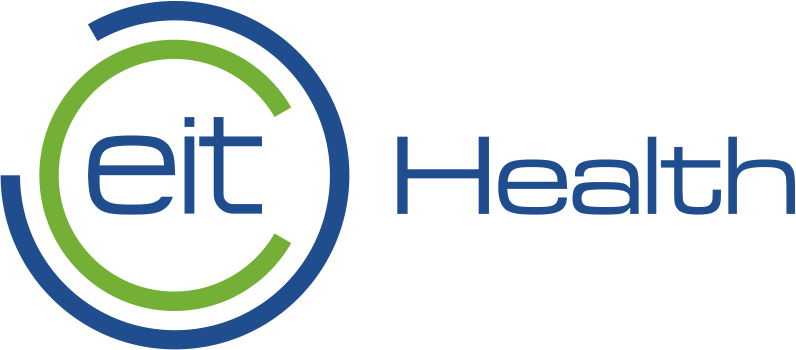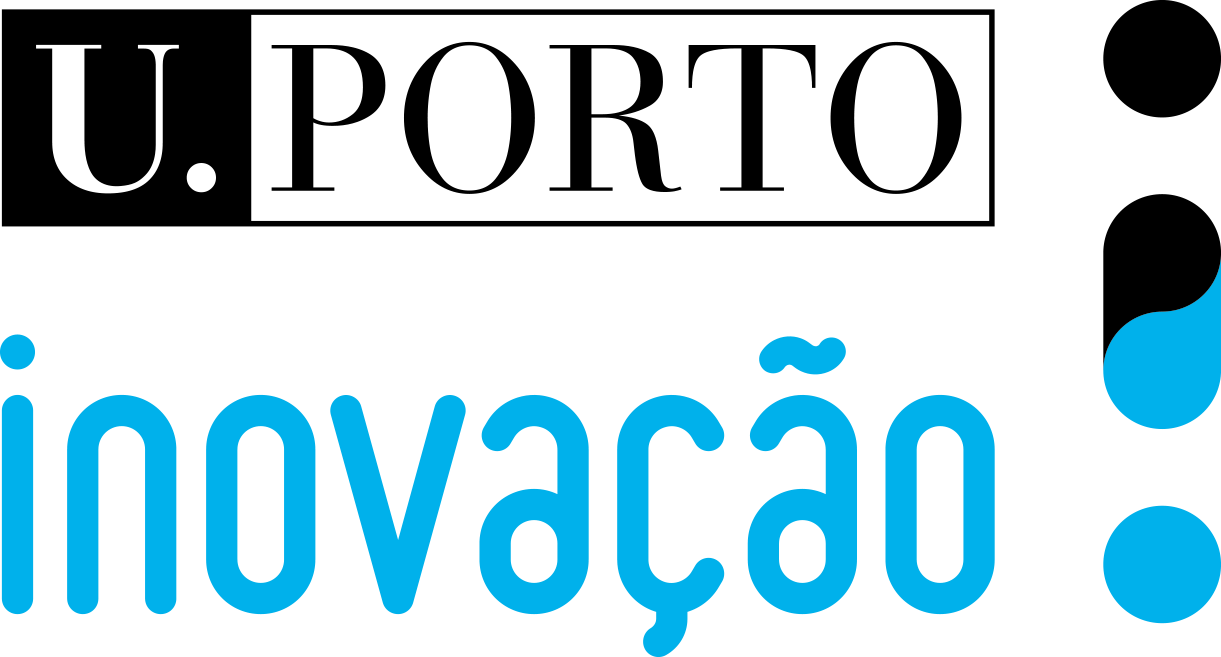
The Data-Driven Prevention Policy in Public Health (DDPPH) is a cross-sector summer school that aims to give public health researchers expertise in using real-world data to analyse complex patterns in daily practice. Participants will learn from experts in different public health domains about how to translate their research findings into concrete decision-support policy instruments. They will also receive training to examine potential business cases supporting these instruments.
Who should apply?
Graduate students, postgraduate students (PhDs, post-docs) and researchers in the public health domain. However, all disciplines are welcome. It is expected that the participants have a sufficient command of the English language to actively participate in the discussions and to present their own work in English. Furthermore, it is expected that students have basic knowledge on how to work with the statistical package STATA.
Programme
The Summer School programme will start on Monday 19 August 2019, and end on Friday 30 August 2019. Participants are recommend to arrive on Saturday 17 August or Sunday morning 18 August, in order to participate in the welcoming activities.
In this summer school researchers in public health from all over the world will become familiar with the steps of the Data-Driven Prevention Cycle (D2PC). They start in the field to discuss the case studies of the partners involved and from there they will go through all steps of policy evaluation using observational data. Novel techniques in applied econometrics will be used to not only deliver descriptive results, but to strive to empirical models through which health inference may be attained. As such, participants can formulate the important policy indicators for reducing inequalities across the different demographic levels in society.
In addition to defining the policy aim of the case study, selecting the crucial policy indicators and estimating the corresponding parameters in the observational data, this Summer School offers the unique possibility for participants to also understand and tackle the last step of the D2PC; bringing the results back to the field. Experts in economic evaluation will guide the participants in this translation phase to the partners.
Upon successful completion of the programme, the Summer School offers a Certificate of Attendance that mentions the workload of 74 hours (28 hours corresponds to 1 ECTS). Students can apply for recognition of these credits to the relevant authorities in their home institutions.
Costs
This course has a fee of € 255 (excluding housing) and € 595 (including housing). The € 255 fee includes school materials, coffee/tea breaks, welcoming drinks, city tour, Sunday evening dinner, closing dinner, and a day excursion to Oldenburg!
More information about this programme can be found at the DDPPH Summer School website. Applications are also submitted here.
Application deadline: June 1st






